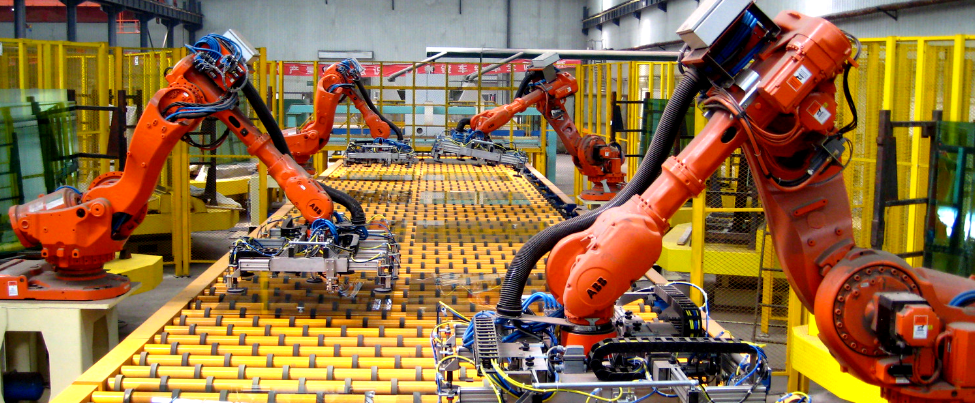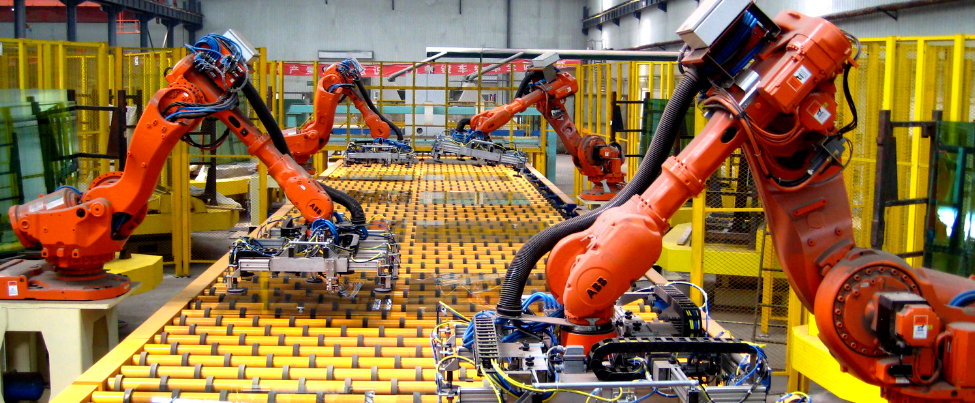The next 10 years will bring significant changes to the way we move goods and products around the world. The combination of technology, the economy, and other factors will drive these changes, and those who are proactive in adapting to the new landscape will be best positioned to succeed.
One of the most significant changes we'll see in the next decade is the increasing use of technology to streamline the supply chain. Automation and robotics will become more prevalent in warehouses and distribution centers, reducing costs and improving efficiency. We'll also see more use of drones and autonomous vehicles for delivery, as well as advanced data analytics to improve forecasting and decision-making.
Another trend we'll see is a greater emphasis on sustainability and social responsibility. Consumers are becoming more conscious of the environmental impact of the products they buy, and companies will need to adapt to meet these expectations. This will include reducing waste and emissions in the supply chain, sourcing materials responsibly, and ensuring fair labor practices.
The economy will also play a role in shaping the supply chain industry in the next decade. Trade tensions and economic instability will continue to create uncertainty and volatility, but companies that are agile and adaptable will be better able to weather these challenges.
For those who work in the supply chain industry, there are several steps you can take to prepare for the changes ahead. First, invest in technology and automation to improve efficiency and reduce costs. Second, prioritize sustainability and social responsibility in your operations to meet consumer demand and protect your brand reputation. Third, be flexible and adaptable to changing economic and geopolitical conditions, and stay ahead of the curve with market research and analysis.
-
How will automation and robotics impact the supply chain industry?
Automation and robotics will significantly impact the supply chain industry in the next decade by reducing costs, improving efficiency, and increasing safety. This technology will become more prevalent in warehouses and distribution centers, allowing for faster and more accurate picking and packing of goods.
-
What role will data analytics play in the supply chain industry?
Data analytics will play an essential role in the supply chain industry by providing valuable insights into customer behavior, inventory management, and demand forecasting. This technology will allow companies to make more informed decisions and optimize their operations for maximum efficiency.
-
How will sustainability and social responsibility impact the supply chain industry?
Sustainability and social responsibility will be crucial factors in the supply chain industry in the next decade. Consumers are becoming more conscious of the environmental impact of the products they buy, and companies that fail to address these concerns will risk losing market share. Additionally, companies that prioritize fair labor practices and ethical sourcing will build stronger brand reputations and improve employee morale.
In conclusion, the next decade will bring significant changes to the supply chain industry, driven by technology, the economy, and other factors. Companies that are proactive in adapting to these changes will be best positioned to succeed, and those that prioritize sustainability and social responsibility will build stronger brand reputations and customer loyalty. We encourage those working in the supply chain industry to embrace these changes and stay ahead of the curve.

 (604) 757 2441
(604) 757 2441